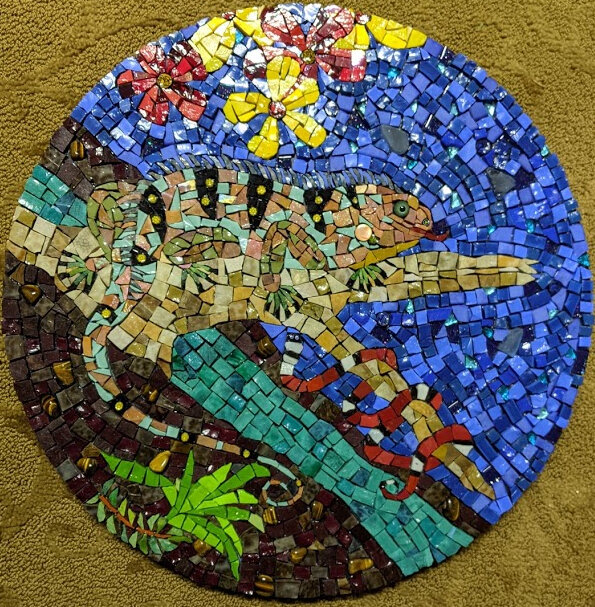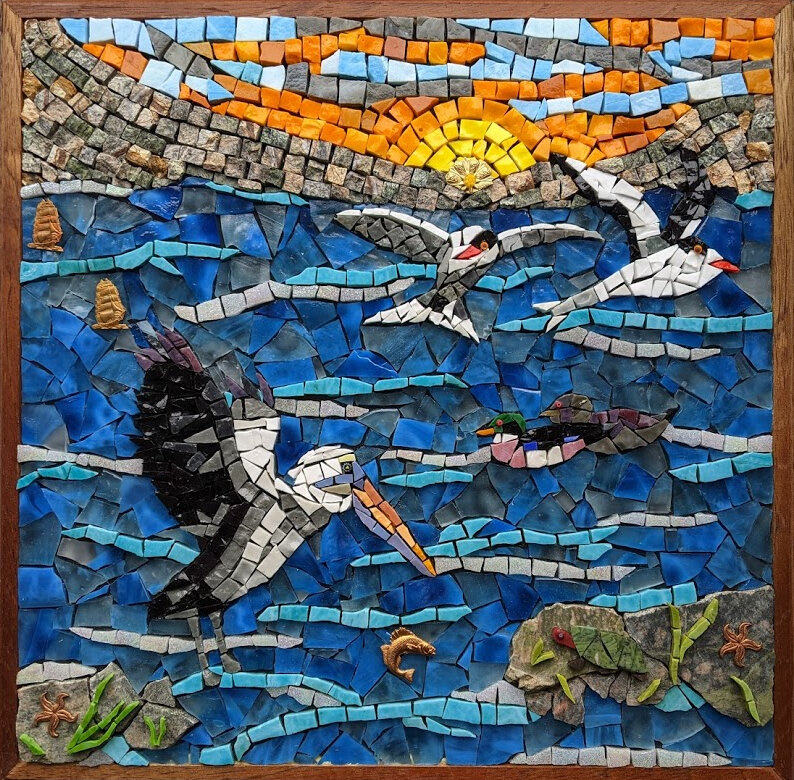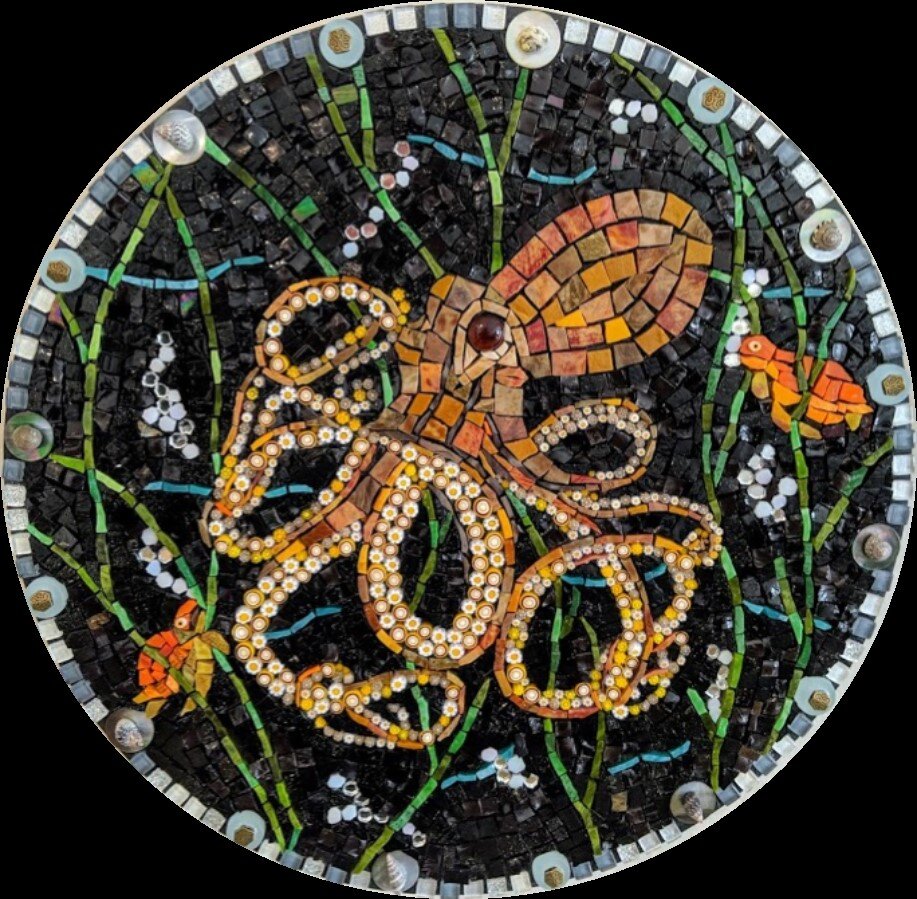Featured Poet: Phil Wexler
We recently had the opportunity to talk to poet Phil Wexler about his approach to poetry and his upcoming work.
What inspired you to write books?
Poet Phil Wexler with his writing companion, Gigi.
I have written many poems over the years, had some 170 published in magazines, and compiled a fair number of book-length collections. The first one accepted for publication was The Sad Parade, prose poems, brought out by Adelaide Books in 2019. The same publisher released The Burning Moustache in 2020. The inspiration for these collections, as for others still unpublished, tends to be the sum total of the inspirations for the individual poems. Although I’ve tried to organize them in loose topical arrangements, the books themselves do not have unifying themes. An exception is a volume forthcoming from Finishing Line Press in which the moon was the direct inspiration.
Can you describe your creative process?
I try to make time each day, typically late afternoon, to write whatever comes to mind just then. If a light bulb goes off in my brain at other times, I simply jot down whatever, wherever. Everything gets written in or transcribed to unlined Moleskine manuscript books. I don’t look back over these initial scribblings until the fall when I review everything from the past year, select poems which have promise, create MS-Word documents from the pen and paper versions, massage as necessary, and end up with a much smaller set of poems that I am more or less satisfied with. From these, I further winnow down and fine tune, and end up with a group of what I hope are polished enough to send out to magazines.



What does your workspace look like?
I have a nice-sized, comfortable, book-lined and art-filled study where I do my first draft writing on a cushy recliner big enough for me and my 25 lb. mixed spaniel, Gigi. For first drafts of something lengthier, I move to my main desk. For completing and revising poems, I rely on my desktop computer and a large monitor.
What is your motivation for writing?
It’s just something I’ve always felt compelled to do. Perhaps poems allowed me to express things I’d have difficulty doing in prose, and to do so in a more concise fashion. Also, writing somehow crystallizes for me certain stances, reactions, emotions, and longings I wasn’t even sure I had until I set the words down on paper.
How did you become a poet?
I’ve always felt the word “poet” sounded a bit too rarefied to apply to myself although I will answer to it if I’m addressed that way. I won’t play coy by denying that I write poems but being dubbed a poet has always been difficult for me to swallow. I certainly don’t feel that way about others whom I very comfortably refer to and consider as poets without reservation, no matter how few or many poems they have written. We all have our quirks, right?
Has the coronavirus pandemic changed how you approach your craft?
Oddly enough, it has not had much of an impact on my writing. I retired two years ago and that bought me a good deal of extra time. Poetry writing has always been a solitary activity for me as it is, I expect, for most people, so the self-isolation in terms of writing per se has not altered my work habits. I organize and emcee a spoken word series and that has changed significantly in that it has moved from an in-person event to a Zoom platform over the last year. While much is lost in this virtual environment and I eagerly await a return to “live” readings, an unexpected benefit for the series has been the ability to attract readers and audiences without regard to geographic boundaries. However, I very much miss interacting directly with people in numerous settings unrelated to writing.
What does literary success look like to you?
A poem done well is, in a sense, its own reward. Affirmation from others sweetens the pot and publication of poems in magazines and as books is, for me, a further measure of success. Nice reviews wouldn’t hurt either.
Do you have any advice for other writers?
For writers secure in their intentions and objectives and the quality of their work, I have no advice. They know what they are doing. To those who are doubtful and seeking ways to improve, I would suggest reading more widely, joining a workshop, taking classes, attending and participating in readings and just being attuned to life and experiences around them, gleaning what they can from the mundane to the unexpected, and going wherever these lead. Above all, keep writing.
Where can readers read more of your work?
Regrettably, I’m not good at self-promotion and, beyond seeking publication, find it awkward to hawk my work in the marketplace in the search for an audience. This interview, I suppose, even though by invitation, breaks the rule. I have only a nominal Facebook presence and do not use social media although I tell myself I should, if only for the sake of making my work more accessible to the public. Maybe I’ll change someday but, for right now, establishing and promoting a brand is not a high priority. My books are available on Amazon.



